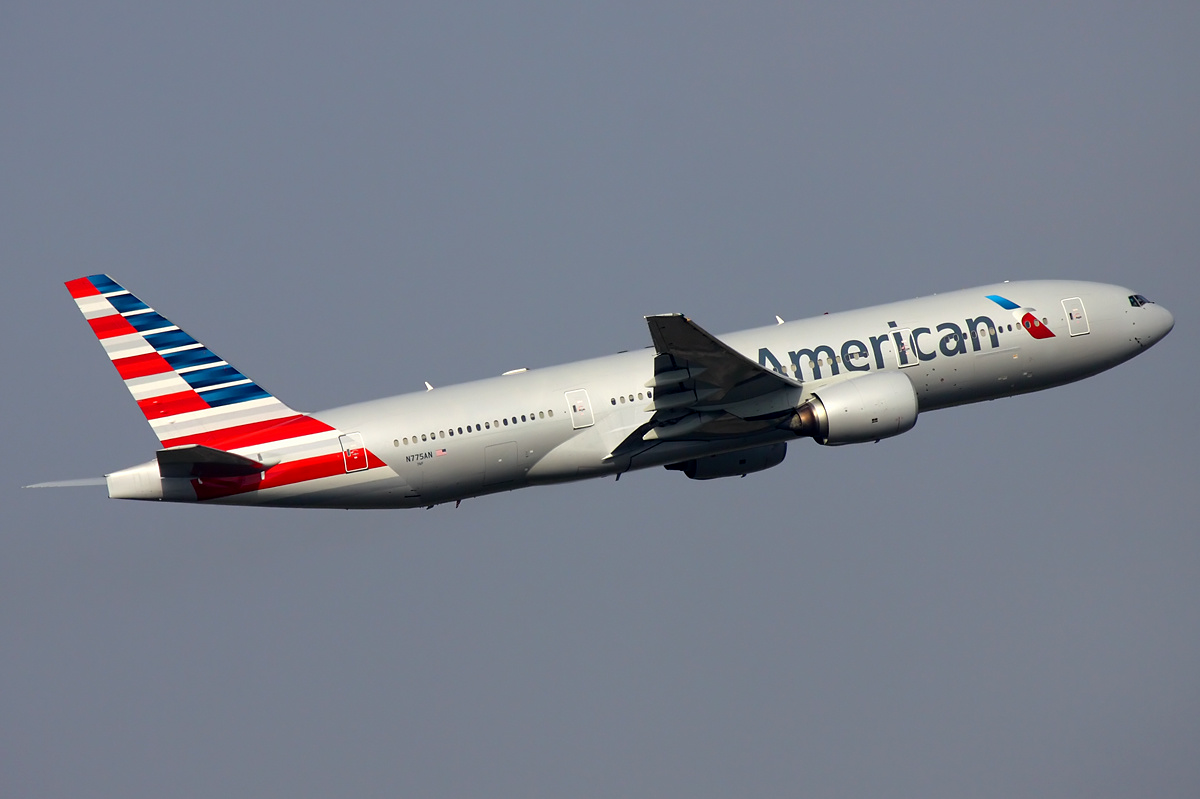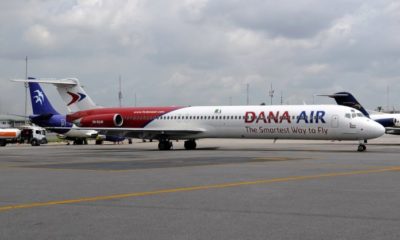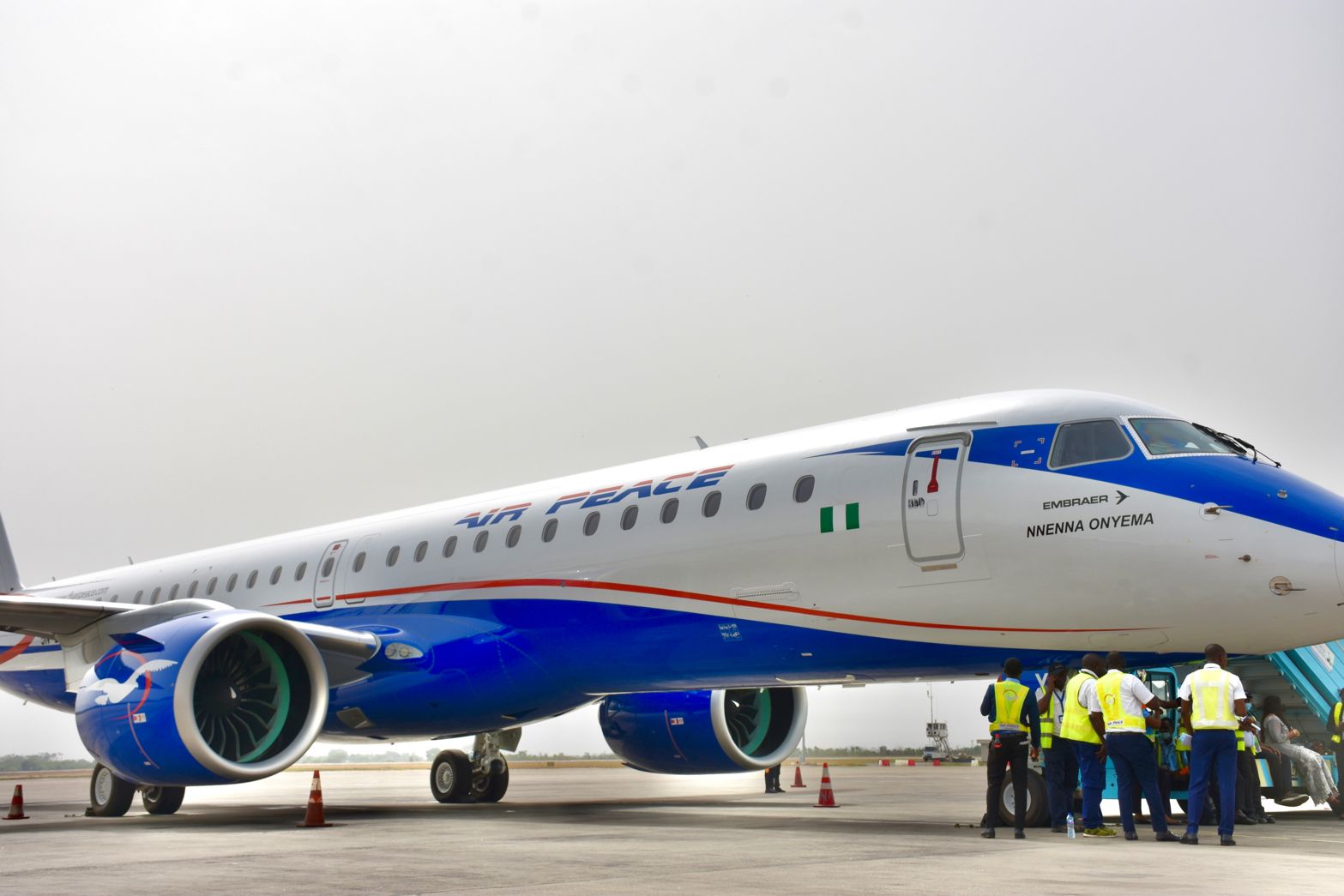Nigerians have been compelled to put their travel aspirations to the United States and Europe on hold due to a significant surge in airfare prices, which have tripled as a consequence of the exorbitant exchange rates for ticket pricing.
Investors King‘s investigations reveal that economy class tickets from Lagos to London, France, and most European countries, which cost approximately N1.5 million a month ago, now range from N1.9 million to N2.2 million, depending on the airline.
For example, a Lagos to France economy class ticket on British Airways, priced at $2,500, converts to about N1.92 million using the N770 exchange rate to the dollar.
A Lagos to London economy class ticket on British Airways costs around $2,800, amounting to about N2.15 million.
Meanwhile, a Lagos to London economy class ticket on Qatar Airways is approximately $2,900, totaling about N2.23 million.
Similarly, an economy class ticket from Lagos to the United States, which previously cost about N1.7 million, is now priced between N2.2 million and N2.6 million.
A Delta Airlines economy class ticket from Lagos to the United States costs about N2.4 million, while the same ticket on Lufthansa and Qatar Airways is approximately N2.6 million.
The cost of business class tickets from Lagos to London, France, and most European countries, which previously averaged around N2 million, has risen significantly to an average of N2.9 million to N3.4 million.
A business class ticket from Lagos to London on Lufthansa Airline now costs about N2.9 million, while on Qatar Airways, it amounts to approximately N3.4 million.
Conversely, a business class ticket from Lagos to the United States, which used to cost an average of N2.4 million, has skyrocketed to about N4.9 million on Qatar Airways and a staggering N6.9 million on Ethiopian Airlines. Air Maroc currently offers the most affordable option on this route, with tickets priced at around N2.4 million.
The sharp rise in airfare prices from Nigeria to various destinations can be attributed to the escalating exchange rate for ticket pricing, which has surpassed N760/$.
This development follows the recent decision by the Central Bank of Nigeria (CBN) to float the naira and instruct commercial banks to sell foreign exchange at market-determined rates, collapsing all forex windows into the Investors & Exporters Window.
Since then, the exchange rate has fluctuated on the International Air Transport Association (IATA) platform, increasing from 663.04/$ to the current rate of N770/$.
Nigerian travelers have been quick to respond to these price hikes by suspending their travel plans to Europe and the United States. Many express their frustration and concern about the unprecedented cost of airfares.
Philip Onuh, a dismayed traveler, laments, “Never have tickets been sold so expensively in Nigeria before. How can I buy a Lagos to London ticket for over N2 million? This is more than just a rise. It is exorbitant, and I’m sure the average traveler can’t afford this at this time when we have an economic downturn.”
John Effiong shares a similar sentiment. He had planned to travel to France with his family during his annual leave in two months but had to cancel the plans due to the unaffordable airfare costs. Instead, he now considers Egypt as an alternative due to significantly lower travel expenses and flexible visa policies.
While foreign airlines initially restricted low-cost ticket inventories, gradually releasing them as the Central Bank of Nigeria released their trapped funds, high-priced ticket inventories remain predominant on websites, leading to inflated ticket prices.
Susan Akporiaye, President of the National Association of Travel Agents of Nigeria (NANTA), acknowledges that the reduction in summer travels began with the inventory restrictions on airline websites. She further explains that the new exchange rate policy has exacerbated the situation, impacting not only individual travelers but also corporate travel plans.
Akporiaye emphasizes the need for airlines to release lower fares to alleviate the burden on passengers. She suggests that if lower fares are made available, individuals would be able to secure tickets for as low as N700,000.
Furthermore, Akporiaye observes that the travel agency community, which used to rely on corporate clients, is also experiencing cancellations due to the exorbitant ticket costs. Consequently, Nigerian travelers are now turning their attention to exploring alternative destinations within Africa.
Countries such as South Africa, Namibia, Kenya, Botswana, and Rwanda are gaining popularity among Nigerian travelers. Egypt, in particular, has introduced new innovations in its visa policy, offering visa-on-arrival for individuals holding Schengen, UK, US, or Canada visas, thereby facilitating easier access for Nigerian visitors.
Despite these alternatives, the Nigerian travel industry faces significant challenges as the high ticket prices and unified exchange rate policy continue to impede travel plans for both individuals and corporations.

 Forex4 weeks ago
Forex4 weeks ago
 Naira3 weeks ago
Naira3 weeks ago
 Billionaire Watch3 weeks ago
Billionaire Watch3 weeks ago



 Naira3 weeks ago
Naira3 weeks ago






 Naira3 weeks ago
Naira3 weeks ago


 Naira2 weeks ago
Naira2 weeks ago






 Naira2 weeks ago
Naira2 weeks ago
 Commodities4 weeks ago
Commodities4 weeks ago





















